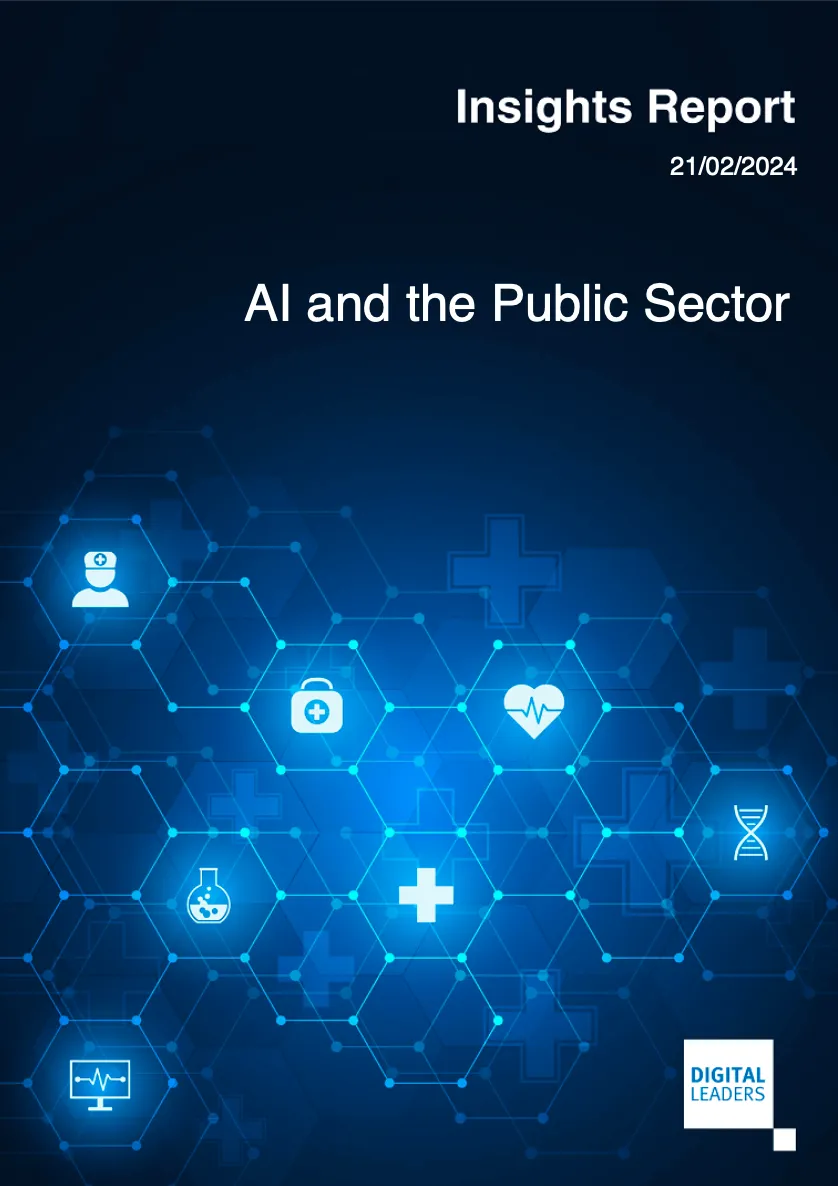
AI in the public sector is a rapidly evolving field that has the potential to revolutionize governance and citizen services. Governments around the world are recognizing the benefits of AI in terms of increased productivity, improved service delivery, and enhanced decision-making processes. Organizations are starting to implement chatbots and messaging apps to automate processes and streamline communication with citizens, ultimately leading to smoother customer engagement.
However, it is important for governments to have a comprehensive understanding of their user personas and the services required to ensure that they select the right automation solution for their needs. The successful implementation of AI in the public sector requires governments to understand and map their processes, streamline them, and then explore emerging technologies. With the right data access, AI can provide more personalized and efficient experiences for citizens and public sector workers alike.
There is a growing recognition among governments that AI strategies need to be holistic and system-focused, guided by principles that respect human rights and strive for trustworthiness, fairness, and security. Transparency and citizen participation are also crucial to address questions of inequality and bias in AI algorithms. In the long term, AI has the potential to make decisions in areas such as law, police investigations, rights allocation, and administrative processes, leading to greater efficiency and fewer errors.
To leverage the power of AI, public sector organizations need to focus on effective data management and fill the skills gap in data analysis. They should also ensure clear communication with stakeholders about data usage and be vigilant about biases in AI models. By doing so, data can be transformed into a valuable asset, enabling more efficient policy-making and improved public services. With AI, the public sector can become more citizen-centric and deliver solutions that solve problems and improve lives.